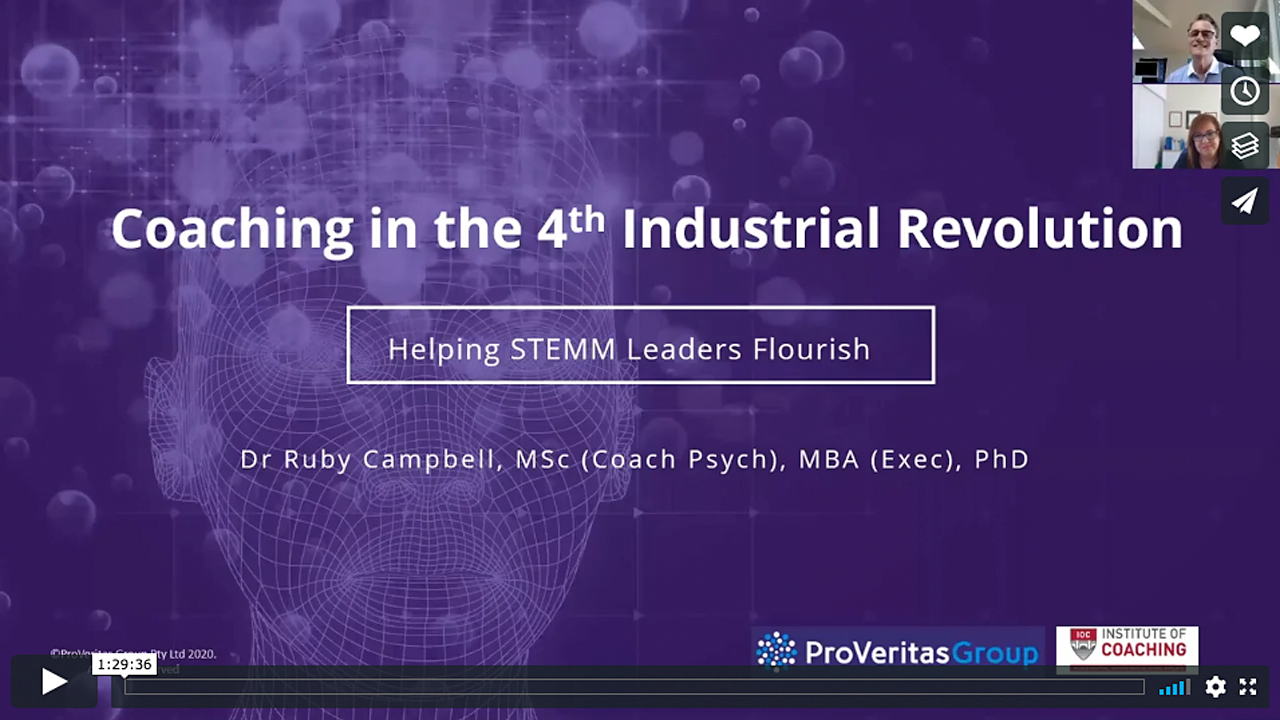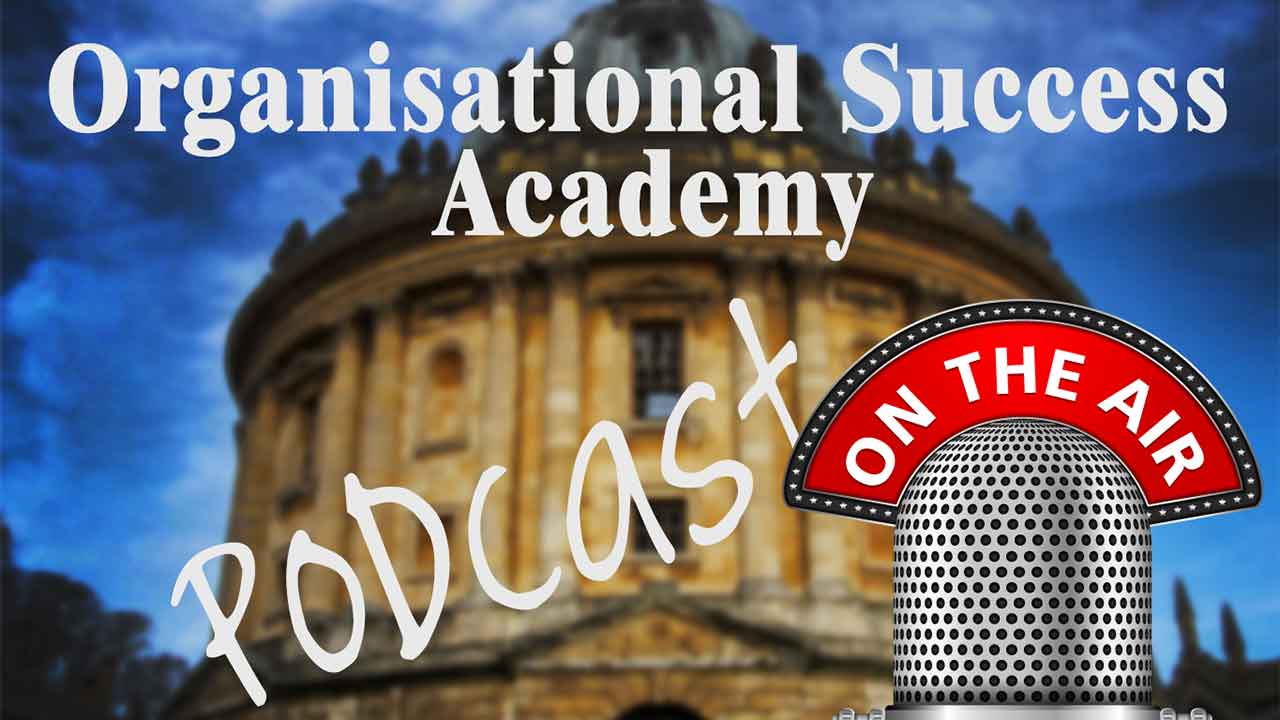Published: Jun 22, 2020
Written by: Dr Ruby Campbell

In Australia, 2020 began with catastrophic bush fires, turning the decades-old scientific predictions on climate change into a tragic reality. Whilst still reeling from the loss of lives, livelihoods, flora, and fauna, Australians began to grapple with the Covid-19 pandemic. More lives and livelihoods were lost, and sadly, continue to be lost not only in Australia, but globally. As these events unfold, cracks in our society keep surfacing, such as availability of affordable healthcare, childcare and even housing.
Inequality between the haves and have-nots is worsening. This is disconcerting when we consider the espoused values of equality, justice, multiculturalism, and freedom, by countries like the USA and Australia. However, the evidence says otherwise, as we watched in horror the video footage of the brutal murder of George Floyd at the hands of the police in the US on the 25th May 2020. The world was outraged, re-igniting the movement Black Lives Matter, founded in 2013.
The conversation about systemic racism, also known as institutional racism, is receiving more attention from the media than ever before. In addition, leading organisations (corporate, NFPs, academia) and professional and industry bodies have publicly expressed their rejection of racism. Notwithstanding our cynicism as we wonder whether these are opportunistic marketing stunts, it is arguably preferable to see outrage from organisations, instead of being silent, or worse, tone deaf. Many social scientists, historians, social justice advocates and journalists suggest that racism is at the centre of social inequality. Unless addressed, racism will hinder any society seeking to flourish.
In this respect, Australia continues to redefine its national identity as one of the most multicultural societies in the world and as such, it also grapples with racism, especially towards its First People. It seems that many Australians are unaware of the systemic racism that exists in its own backyard. Many more would be surprised to learn of the “Racism. It Stops With Me” campaign following the documentary The Final Quarter about Aboriginal legendary footballer, and 2014 Australian of the Year, Adam Goodes. He was bullied out of the game, and the powers that be did nothing to stop it.
Racism has many definitions. A simple version is that racism is a prejudice concerning ancestral descent that can result in discriminatory action. Adam Rutherford, PhD
At ProVeritas Group Pty Ltd, we coach senior leaders from a wide range of industries, professional backgrounds, and ethnicities. Our clients are highly educated and whilst they seek career success, they also strive for growth in all other aspect of their lives. In other words, we collaboratively cultivate their self-actualising tendency, creating the right conditions so they can identify and trust those aspects of themselves that are most growth-oriented and bring them a sense of vitality, creativity, and wholeness.
As such, our clients seek to understand how they can become the best human possible within their environments. It is in this spirit that I continue to write the following lines. Leaders, whether in business, NFPs, government or academia, have the power and influence to change organisations and the world for the better. It all begins with becoming aware of the issue or problem, understanding its impact on their surroundings, and finding solutions to address it.
To assist leaders with their own understanding of racism, here are some facts, from a scientific perspective:
To further assist leaders with their own understanding of racism, here’s some additional information, this time from an ethical perspective:
In recent years, training on diversity and inclusion has become increasingly popular in Australian organisations. This can include cultural diversity or cultural competence training, which may consider bias and discrimination with respect to race, ethnicity, and cultural background.
While their goals may be similar, conversations about racism are not substitutes for cultural diversity or cultural competence training. Similarly, these conversations should not replace work associated with Reconciliation Action Plans (RAPs). They are, instead, additional tools for organisations in promoting more sophisticated and meaningful racial awareness. Various organisations deliver anti-racism—as opposed to cultural diversity—training.
The Australian Human Rights Commission is currently developing its own anti-racism training package, which will explore race and racism in Australia in-depth, and be run by an experienced facilitator. Leaders are encouraged to contact the Commission if they would like to know more about this.
As a Fellow of the Institute of Coaching McClean/Harvard Medical School, the author of this article has been participating in ongoing discussions about racism as part of the Antiracism Thinktank led by the IOC’s Chair, Margaret Moore. Of relevance to leadership coaching, the following suggestions are offered for ongoing dialogue among leaders and coaches everywhere:
If anything in this article has brought up any serious emotional issues and you live in Australia, please contact Lifeline on 13 11 14.
OUR KEY leadership coaching solutions
Emotional Intelligence, visioning, sense-making, inventing and other essential leadership capabilities.
Evidence-based, customised L&D solutions to equip 21st Century leaders achieve business outcomes sustainably.
Helping teams function as more than “the sum of its parts” by learning how to connect and collaborate effectively.
Helping organisations understand, develop and action evidence-based ESG strategies with humanity in mind.
Executive Leadership Media & Podcasts

Podcast: Ruby Campbell’s SCIENCE Coaching Model - Episode 20
LISTEN NOW HERE

Webinar: Dr Ruby Campbell with the IOC McClean Hospital/Harvard Medical School Affiliate on 'Coaching in the 4th Industrial Revolution'. Leadership Coaching has become one of the most effective Learning &...
VIEW VIDEO HERE

Podcast: In this episode from The Oxford Review Podcast, an interview from Dr Ruby Campbell, author of Scientists in Every Boardroom: Harnessing the power of STEMM leaders in an irrational...
LISTEN NOW HERE
Dr Ruby Campbell is the founder and Managing Director of ProVeritas Leadership, and Executive Coaching and Consulting firm. She is also the author of the ground-breaking book Scientists in Every Boardroom: Harnessing the Power of STEMM Leaders in an Irrational World.
MORE ABOUT OUR TEAM
Please complete the enquiry form so we can help you with your growth journey. You will receive an email from us within 24 hours.